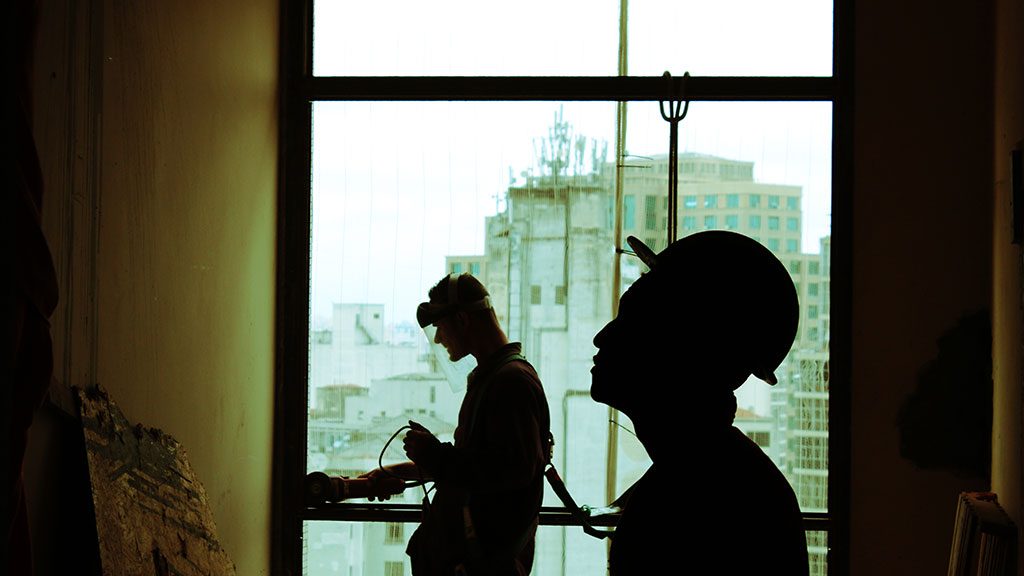For most construction professionals, securing a surety bond is a standard part of doing business.
The city, county or state where they plan to complete projects may require a surety bond before a construction contractor can bid on or begin work.
The surety requirement is based on the need and desire to offer some peace of mind to a contractor’s customers and subcontractors that work will be performed up to a certain standard or in-line with the contract.
Put simply, a surety provides for some level of protection, not for the contractor, but for the customers they serve where they perform work should that work not be up to par.
Although surety bonds are a necessary component of obtaining and maintaining a construction license in certain jurisdictions, many construction professionals fail to understand what occurs when a claim is made against a bond.
First, it is helpful to know what a surety bond claim is.
What are surety bond claims?
Surety bonds connect three different parties under a contract. First, the principal of the bond is the construction contractor planning to perform work on a project. The bond’s obligee is the party requiring the bond, and the surety company provides the bond to the principal. A surety bond provides that, should a claim be made against the bond that is valid, the surety company will pay up to the financial limits of the bond on behalf of the contractor.
A surety bond claim involves a claimant – the person or entity making a claim against the principal of the bond – and an allegation that an obligation of performance or quality of the performance was not met. A surety claim could also be brought against a contractor’s bond if the claimant alleges he or she did not abide by the law.
It is important to know a disagreement between a customer and a contractor is not a surety claim. Only when an official allegation is brought to the attention of the surety company does a claim exist. When a claimant brings a claim against a bond, it is your obligation as the bond’s principal to make the issue right. However, if that cannot be done or if a claim is questionable, the surety company gets to work to determine what happens next.
How do surety claims work?
Surety claims can either be valid or invalid, and it is part of the surety company’s job to determine which claims warrant further action. Claims may be found invalid either because the allegation does not fall under the coverage of the bond or no evidence of wrongdoing by the contractor exists.
However, the surety company investigates before deciding. When that determination is made, the claim is dismissed.
If the surety company determines a claim is valid, a response to the claim is needed. The principal of the bond can opt to resolve the claim by performing the work required or otherwise meeting the needs of the claimant. However, if the claim cannot be resolved or no response is received, the surety company may pay the claimant for the claim amount. When this takes place, reimbursement of the claim is the responsibility of the contractor as the principal of the bond.
Best practices to avoid claims
Because valid surety claims have the potential to come with significant costs for reimbursement and the potential for higher bond prices in the future, construction contractors are wise to avoid claims when possible.
Avoiding claims starts with meeting the obligations of the contract as best as possible, every time. While circumstances can make it more challenging to perform work perfectly, it is the contractor’s responsibility to do so to the best of their ability.
Keeping the lines of communication open with customers is also necessary, as disagreements may be resolved without reaching the level of a claim.
Along those lines, maintaining accurate and comprehensive documentation during a project is a must.
Finally, construction professionals can avoid claims by working with a surety company that has their best interests in mind.
Claim specialists can be a resource for contractors when a claim arises. Having open communication with the surety company helps keep claims at bay. Be selective from the start when choosing your surety bond company to be best prepared for potential claims in the future.
Eric is the chief marketing officer of Pipersville, Pa.-based JW Surety Bonds. With years of experience in the surety industry, he is also a contributing author to the surety bond blog. He has held a range of different roles within the surety industry, from agent assistant to bond issuer. Send comment or Industry Perspectives column ideas to editor@dailycommercialnews.com











Recent Comments
comments for this post are closed